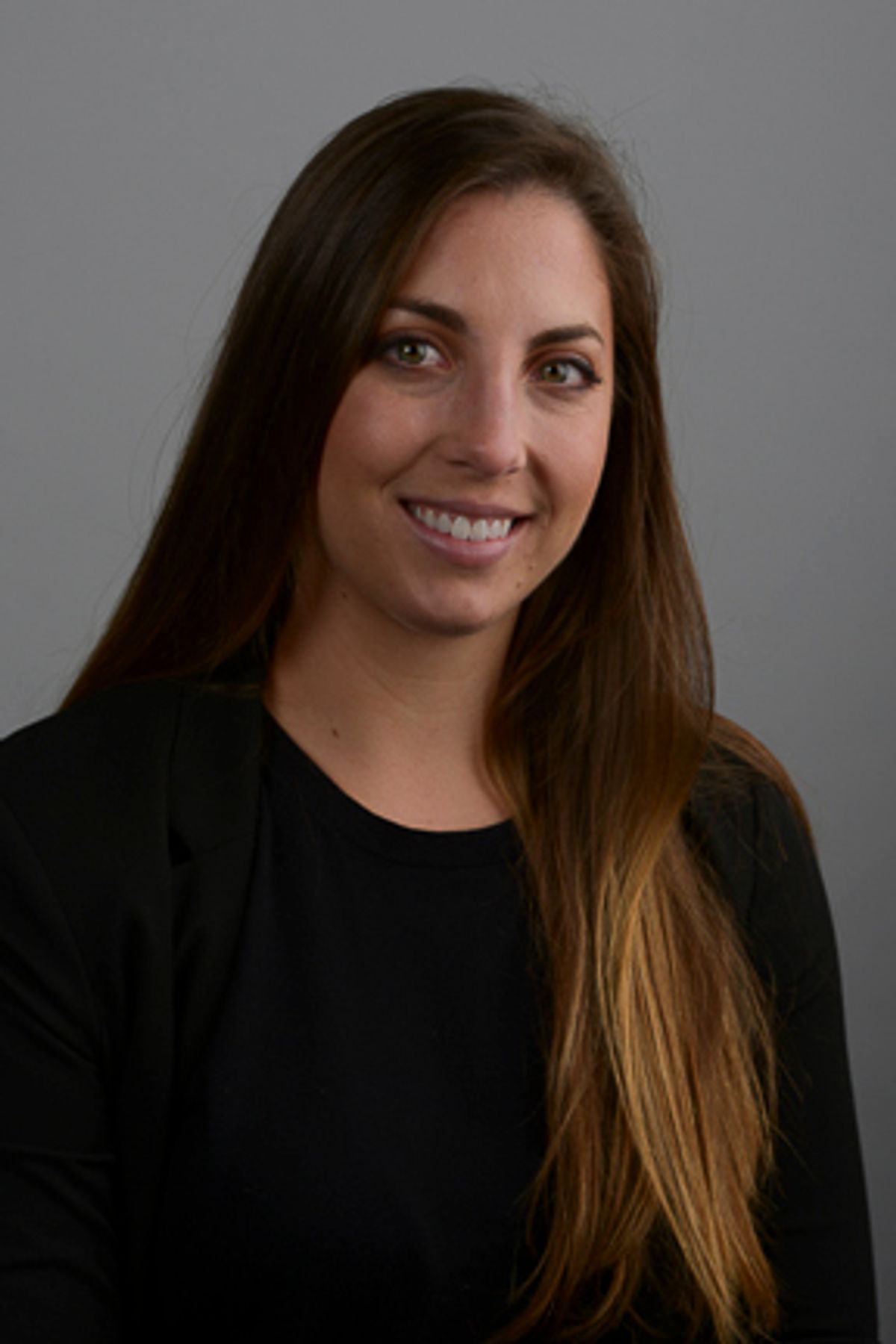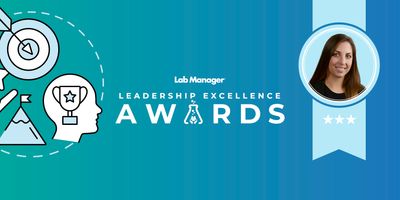A Trailblazer in Lab Management
Winner of Lab Manager’s 2024 Excellence in Lab Management Award, Laura Severs, shares her perspective on how to find meaning and motivation within your career
Good managers can be defined by traits such as attention to results, goal achievement, and the relentless pursuit of productivity enhancement. Through its emphasis on accountability, performance measurement, and optimization of workflows, management plays a pivotal role in driving sustainable growth and organizational success.
Each year, Lab Manager honors individuals who demonstrate exceptional leadership and management skills through our Leadership Excellence Awards program. The 2024 Leadership Excellence Awards, sponsored by Uncountable, recognized five individuals for their impressive contributions to their respective organizations.

Laura Severs, MHA, MLS(ASCP)CM, director of clinical operations at Washington University School of Medicine, was the recipient of the 2024 Excellence in Lab Management Award. Laura has contributed to exceptional growth within her organization, bringing in new clients, increasing productivity, and developing patient-first workflows.
Managing editor Lauren Everett recently spoke with Laura about the lessons she’s learned throughout her extensive career and what distinguishes a great leader from a good leader.
Q: What resources or individuals did you learn your leadership and management skills from?
A: I take inspiration from many people in my life. Each person I interact with provides a unique perspective and has their own unique experiences and skill sets. Leadership skills are built by the relationships we build with people around us.
Formally, my graduate degree in health administration laid the foundational knowledge for my career trajectory. I have also found value in various community programs and educational initiatives. For example, in central IL, I participated in a program called the Multicultural Leadership Program, which is a non-profit organization-led training program for leaders within the community. From there, I gained necessary experience to forge my path as a leader both in my career and in my community.
Notably, the most important way to learn leadership skills is to be honest with oneself and partake in self-reflection. Seeking feedback to grow as an individual is vital to the success of a leader.
Q: What do you enjoy most about your role and/or career?
A: For much of my career, what brought me the most joy was that I knew I was contributing to the health of patients and their diagnosis. At this stage in my career, what brings me the most joy is seeing those around me succeed and being a part of their success; in turn, this fosters greater patient care. Further, being in pathology and laboratory medicine, I am on the cutting edge of diagnostics and in my current role that’s the most exciting part.
Q: In your opinion, what are the most important qualities or skills for a laboratory leader to possess?
A: There is a distinct difference between those who manage people and tasks and those who lead. To lead is to allocate resources, develop people, and create an environment where people and processes can thrive in your absence.
Leaders need to be able to listen, have foresight, strategic vision, and the ability to leave their ego at the door. Those qualities are especially important when practicing emotional intelligence.
Q: How do you personally manage the balance between performing managerial tasks versus your passion to be involved with the scientific work done in the lab?
“Seeking feedback to grow as an individual is vital to the success of a leader.”
A: I can understand how the perception would be that managerial tasks are the mundane work being done alongside the scientific breakthroughs. I would argue that those things are not mutually exclusive. The reason we can advance in scientific discovery is because we have created systems to allow for that advancement. Answering emails, counseling staff, and having budget meetings doesn’t scream scientific advancement but these tasks are so interconnected into the network of creation that any participation in those tasks is a contribution to the greater mission.
Q: What is one of the hardest challenges you’ve faced so far in your career? What learnings did you take from it?
A: My entire career has been in the clinical environment. The biggest challenges I have faced are because at the center of all the work being done, there is a person deserving of equitable care. Those same challenges are what inspire me to bring my best self into work each day. My guiding light has always been the people around me and the patients I serve.
To have longevity in a career, it is important to know what motivates you, what keeps you going on some of the toughest days. Having a sense of purpose is incredibly important, especially in the clinical environment. Synergizing the types of career opportunities you approach with your “why” makes for a more meaningful career.
Q: What’s the best piece of management and/or leadership advice you can share with our readers?
A: The strongest leaders get to where they are not by being the smartest in the room, but the most introspective and emotionally intelligent.
Emotional intelligence looks like embracing change, ability to practice empathy, having self-awareness of strengths and limitations, showing sensitivity to others, and the ability to manage emotions during difficult situations.
Q: What do you hope to accomplish in the next few years in your role?
A: My current role as director of clinical operations in the department of pathology & immunology at Washington University School of Medicine, St. Louis, is multifaceted, and what I hope to accomplish in the next few years is to develop my up-and-coming leaders as well as work collaboratively to bring our scientific advancements to patients.
Outside of my formal job title, I hope to continue my efforts in engaging with students to promote careers in laboratory medicine and pathology. I also want to grow in the education space and work toward filling gaps in my community so we can get folks into meaningful careers.
Laura’s career journey:
Laura Severs, MHA, MLS(ASCP) is no stranger to the complexities of the medical laboratory, having spent over a decade as a medical laboratory scientist in progressive leadership roles. She is passionate about how pathology and laboratory medicine transforms patients’ lives and the care they receive. Her career focus is to keep patients and their safety at the center of what she does.
In her leadership roles, Laura has led complex teams to accomplish interdisciplinary initiatives aimed at improving the delivery and quality of healthcare within her community. In 2018, she was named Top 40 Under 40 Leaders in Laboratory Medicine by the American Society for Clinical Pathology (ASCP). Subsequently in 2019 she received recognition by ASCP for her volunteerism and engagement with students in her community.


